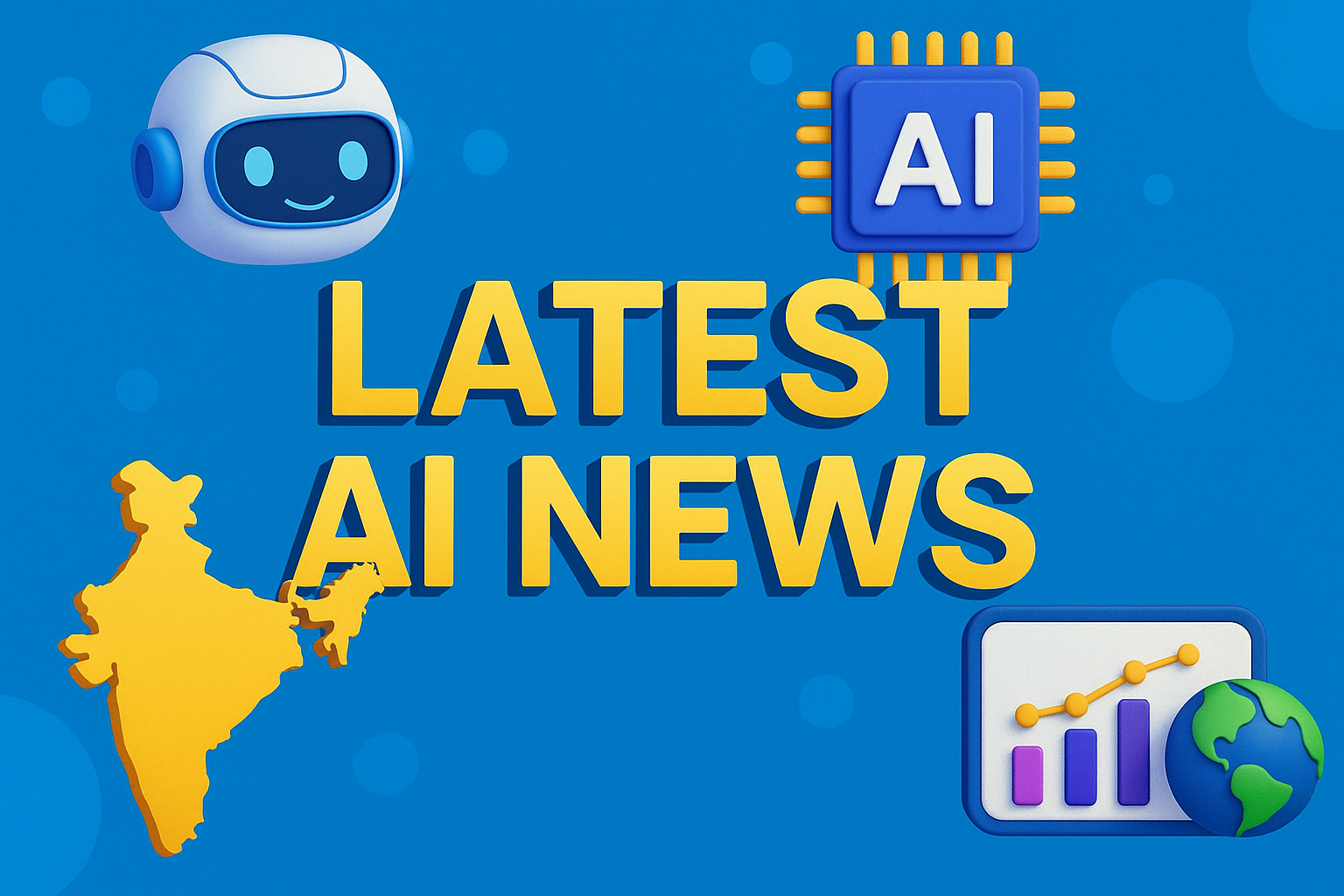By : cryptoaiupdates.com
Welcome to your comprehensive roundup of the most significant developments in artificial intelligence as of June 1, 2025. From groundbreaking technological advancements to pivotal policy shifts, the AI landscape is evolving rapidly. This article provides an in-depth look at the latest trends, innovations, and discussions shaping the future of AI.
1. AI-Powered Predictive Maintenance in Automotive Industry
Porsche has introduced an advanced AI system capable of detecting vehicle issues before they occur, potentially saving motorists substantial repair costs. This technology, currently featured in the Porsche Macan, utilizes real-time diagnostics transmitted to the cloud, where AI analyzes the data and alerts owners via a mobile app about potential problems. This proactive approach marks a significant shift from traditional reactive maintenance methods.
2. Apple’s WWDC 2025: Anticipated AI Integrations
Apple’s Worldwide Developers Conference (WWDC) 2025, scheduled from June 9 to June 13, is expected to unveil significant software updates, including iOS 19, macOS 16, and watchOS 12. A central focus will be on advancements in Apple Intelligence, with potential enhancements to Siri and the introduction of AI-driven features across Apple’s ecosystem. Developers anticipate access to new tools that will facilitate the integration of AI into third-party applications.
3. Tesla’s Robotaxi Service Set to Launch
Tesla plans to launch its long-anticipated robotaxi service in Austin, Texas, on June 12, 2025. This initiative represents a strategic shift towards autonomous transportation, with CEO Elon Musk emphasizing the importance of this project for Tesla’s future. The success of this service could significantly impact the company’s position in the evolving landscape of AI-driven mobility.
4. AI’s Role in Healthcare: Upcoming Conferences
The AI Spring Summit 2025, taking place from June 10 to June 12, aims to explore AI’s transformative impact on healthcare. Topics will include AI governance, ethics, and practical applications in public health and patient care. The summit will bring together leaders in technology, healthcare, and policy to discuss the integration of AI into healthcare systems.
5. Regulatory Landscape: AI Legislation on the Rise
In the first four months of 2025, over 1,000 AI-related bills have been introduced across state legislatures in the United States. This surge in legislative activity reflects growing concerns about the ethical, social, and economic implications of AI technologies. The uncoordinated nature of these efforts, however, has led to regulatory uncertainty, potentially hindering innovation and investment in emerging tech ecosystems.
6. AI in Local Government: Enhancing Efficiency
Local governments are increasingly leveraging AI to improve efficiency and service delivery. By tasking AI chatbots with research and writing projects, municipalities can save time and resources, allowing staff to focus on more complex tasks. This approach demonstrates AI’s potential to streamline operations and enhance decision-making at the local level.
7. AI Conferences Highlight Industry Trends
The AI+ Expo, scheduled for June 2–4 in Washington, D.C., will convene members of government, academia, and industry to discuss the future of AI and emerging technologies. The event aims to foster collaboration and strategic partnerships, emphasizing the importance of AI in national security and global competitiveness.
8. AI’s Impact on Global Population Trends
Professor Subhash Kak of Oklahoma State University warns that AI and automation could lead to a significant decline in global population by 2300. He predicts that AI will replace nearly all human jobs, leading to massive unemployment and a sharp decline in birth rates. This scenario could result in major cities becoming abandoned ghost towns, highlighting the need for proactive policies to address the societal impacts of AI.
9. AI’s Influence on Financial Markets
Investors are closely monitoring AI developments as they impact financial markets. Companies like Apple and Tesla are at the forefront of integrating AI into their products and services, influencing stock performance and investor sentiment. As AI continues to reshape industries, its role in financial decision-making and market dynamics becomes increasingly significant.
10. AI in Education: Enhancing Learning Experiences
Educational institutions are adopting AI to personalize learning and improve student outcomes. AI-driven platforms can analyze student performance data to tailor educational content, providing a more individualized learning experience. This approach has the potential to address diverse learning needs and improve overall educational effectiveness.
Conclusion
As of June 1, 2025, artificial intelligence continues to be a driving force across various sectors, from automotive and healthcare to government and education. The rapid pace of AI development presents both opportunities and challenges, necessitating thoughtful consideration of its societal impacts. Staying informed about these developments is crucial for individuals and organizations aiming to navigate the evolving AI landscape.
Please don’t forget to leave a review.


